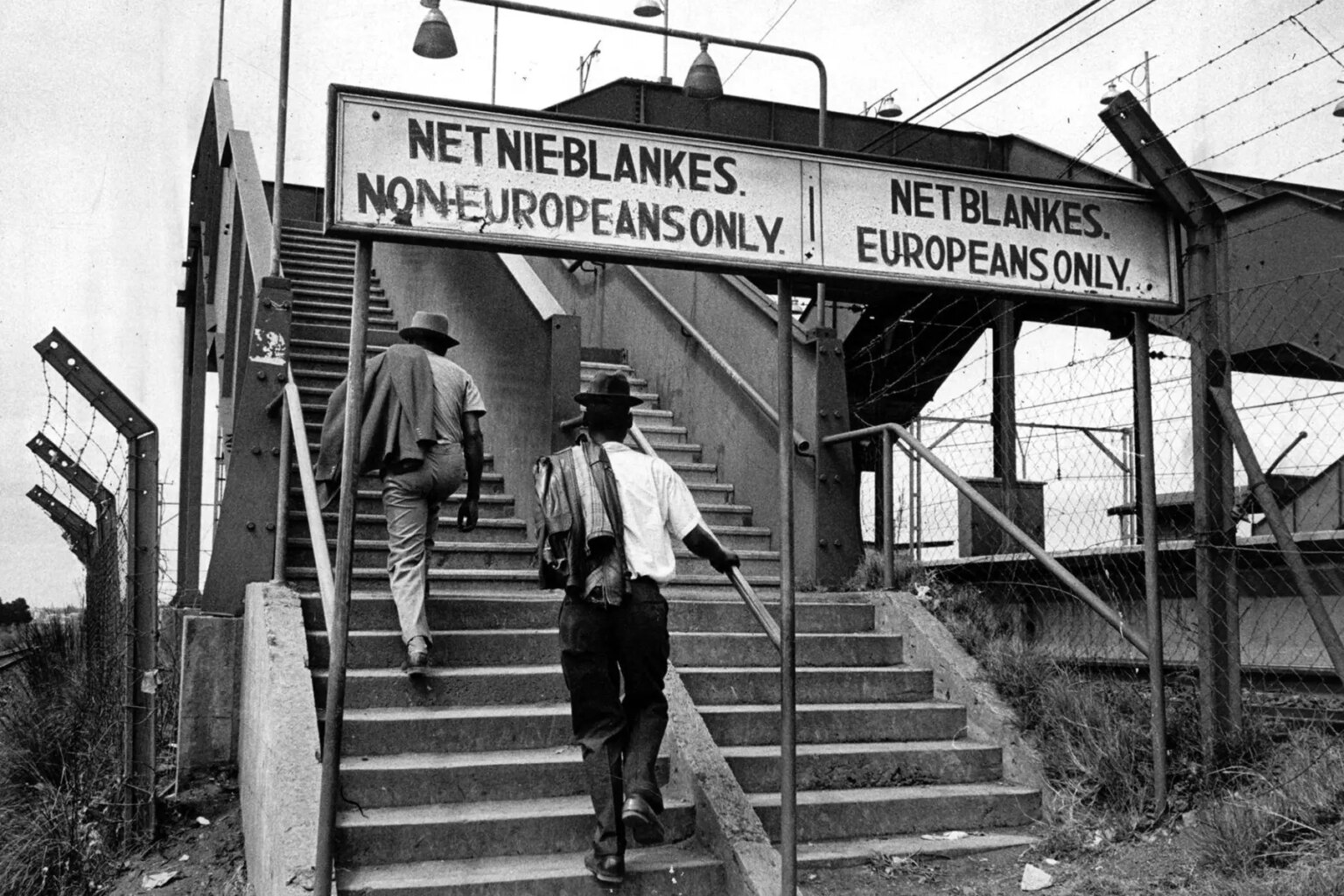Dutch traders landed at the southern tip of South Africa in 1652. They established a stopover point on the spice route to the Far East, founding Cape Town. After the British seized the Cape of Good Hope in 1806, many of the Dutch settlers (the Boers) trekked north to found their own republics.
Diamonds and gold
The discovery of diamonds (1867) and gold (1886) spurred wealth and immigration and intensified the subjugation of the native inhabitants. The Boers resisted British encroachments but were defeated in the Boer War (1899-1902); however, the British and the Afrikaners, as the Boers became known, ruled together beginning in 1910 under the Union of South Africa. It became a republic in 1961 after a whites-only referendum.
Apartheid
In 1948, the National Party came to power. They instituted a policy of apartheid – the separate development of the races – which favored the white minority at the expense of the black majority. The African National Congress (ANC) led the opposition to apartheid. Many top ANC leaders, such as Nelson Mandela, spent decades in South Africa’s prisons.
Internal protests and insurgency, as well as boycotts by some Western nations and institutions, led to the regime’s eventual willingness to negotiate a peaceful transition to majority rule. The first multi-racial elections in 1994 finally brought an end to apartheid. It also ushered in majority rule under an ANC-led government.
Social imbalances
South Africa since then has struggled to address apartheid-era imbalances in decent housing, education, and health care. ANC infighting, which has grown in recent years, came to a head in September 2008 when President Thabo Mbeki resigned, and Kgalema Motlanthe, the party’s General-Secretary, succeeded him as interim president. Jacob Zuma became president after the ANC won general elections in April 2009.
In January 2011, South Africa assumed a nonpermanent seat on the UN Security Council for the 2011–12 term.




